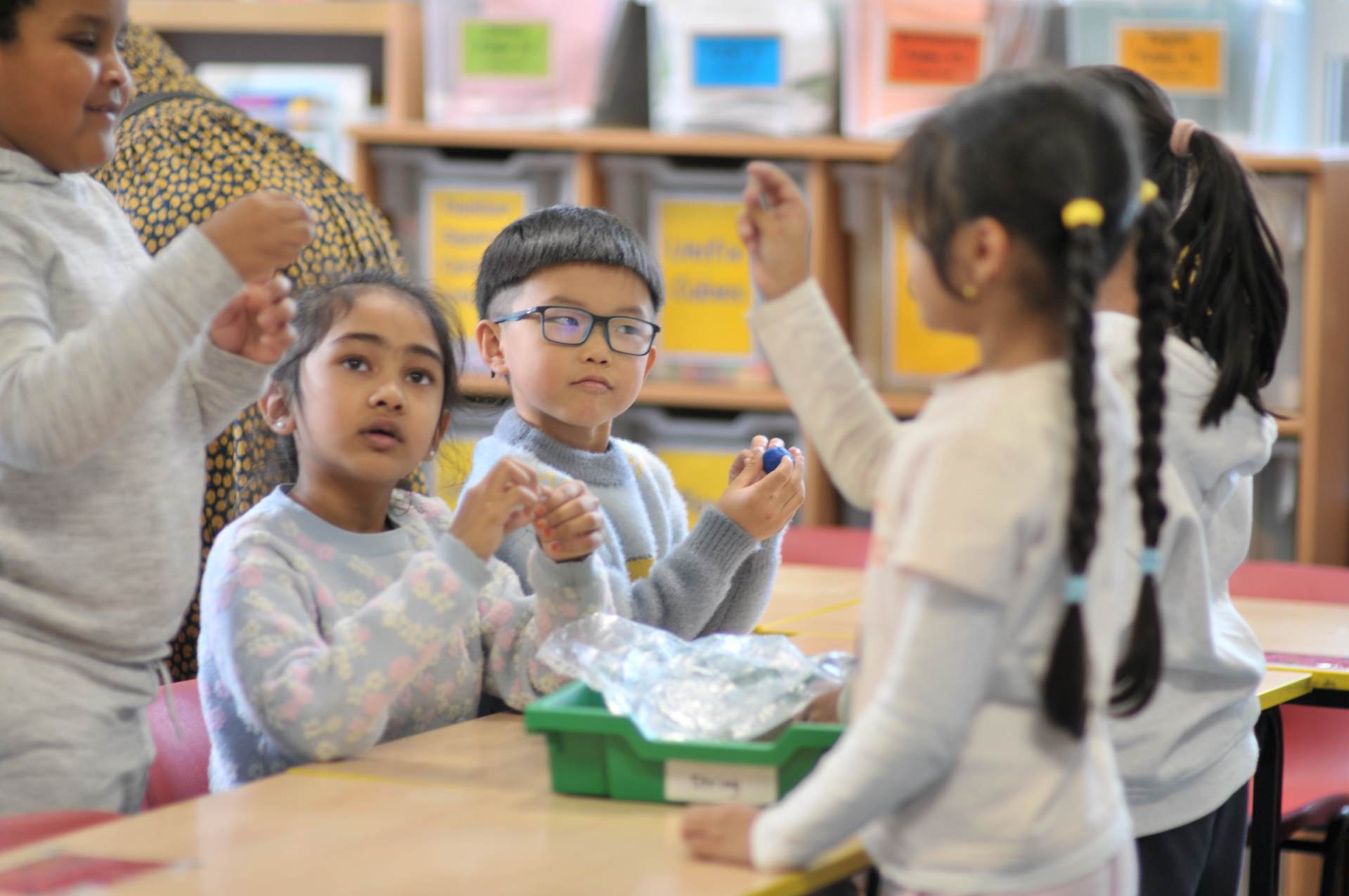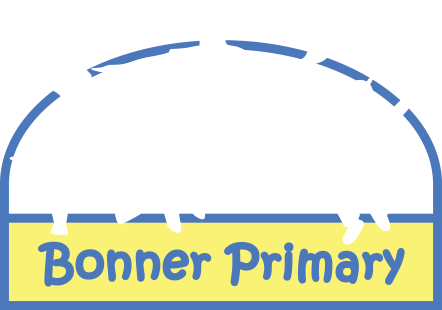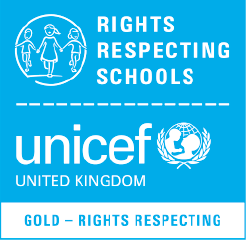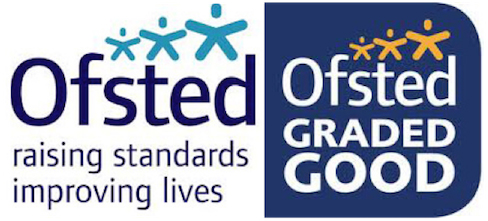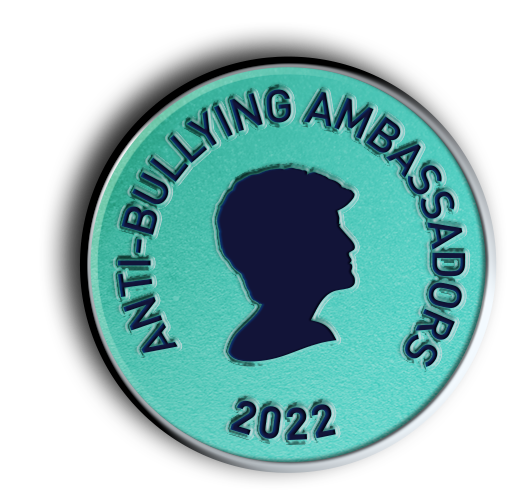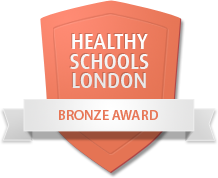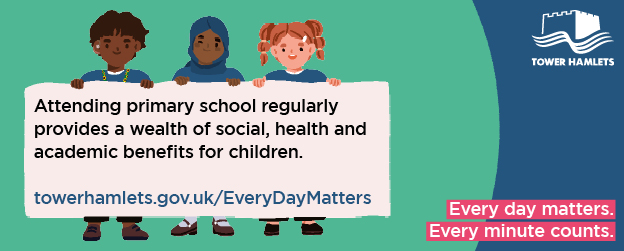Science
Intent
 As children progress through Bonner Primary School, they develop their ability to work scientifically through problems, experiments, and experiences in the world around them. They are equipped with the tools to question, predict, and prove their ideas through a hands-on approach to science teaching and learning. All children make sustained progress in science, securely learning new knowledge and skills, connecting them to prior learning, discovering through practical experimentation, building positive attitudes towards science, and seeing the relevance of their learning to their lives and beyond.
As children progress through Bonner Primary School, they develop their ability to work scientifically through problems, experiments, and experiences in the world around them. They are equipped with the tools to question, predict, and prove their ideas through a hands-on approach to science teaching and learning. All children make sustained progress in science, securely learning new knowledge and skills, connecting them to prior learning, discovering through practical experimentation, building positive attitudes towards science, and seeing the relevance of their learning to their lives and beyond.
Vocabulary and the ability to articulate learning is at the core of how we teach at Bonner. From Early Years, where children are supported in asking questions, using actions to explain what they observe, and describing their experiences, to Year 6, where children are taught to justify their thoughts or use evidence to refute ideas, children are given the opportunity to use and understand high-level, subject-specific vocabulary. Widgit is used to ensure every child has access to key vocabulary, and talk frames encourage discussion in every lesson.
Children leave Bonner as curious scientists with a love of the subject, ready to continue developing their understanding in KS3 and beyond, with the strong foundations we have provided. All children across the school will feel confident not only in accurately explaining their learning but also in beginning to apply that learning to explore their own interests, questions, and experiments.
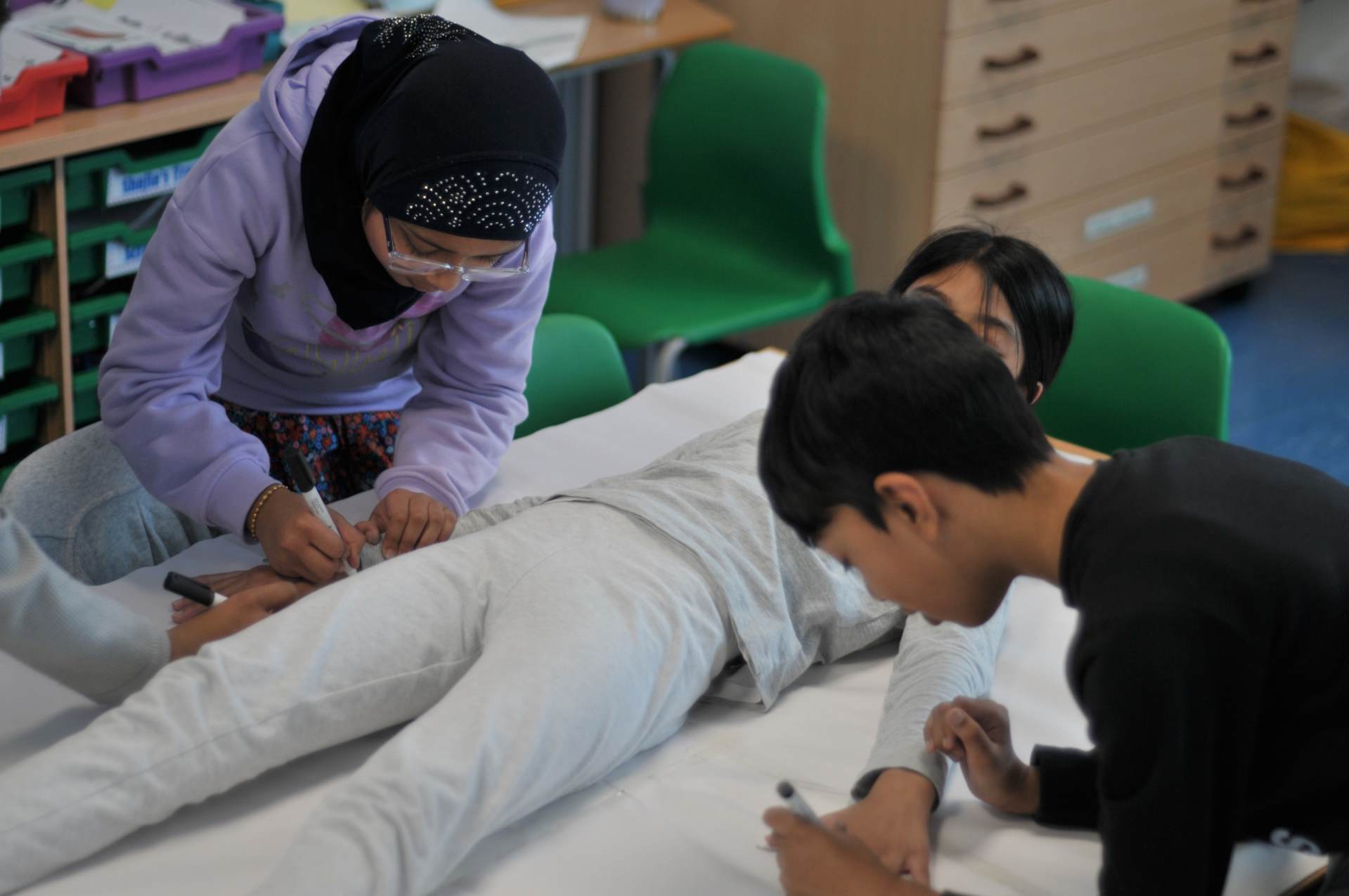
Implementation
All children, whatever their background and previous experience, are entitled to learn science in a meaningful and enjoyable way, making good progress and building a strong identity with science. We provide a high-quality primary science education by teaching scientific knowledge about established ideas and explanations in biology, chemistry, and physics, as well as learning about the nature and practices of science, developing the vocabulary and skills to articulate and represent this knowledge, and understanding how it is applied in everyday life.
Science is a discipline where knowledge is built empirically, through observation and investigation, using a range of scientific skills and enquiry methodologies. Each lesson at Bonner follows the structure of our quality-first planning: Remember; Discover; Teach; Model; Practise; Reflect. This ensures that our children can unlock prior learning, develop new skills, and apply them. Each lesson will connect to one strand of scientific enquiry and signpost how pupils will work scientifically in that lesson. Children are taught through a combination of hands-on, structured experiments, exploring their own predictions, and taught scientific theory.
Science at Bonner is supported through Collins Hub, and these resources are an invaluable source of up-to-date information, planning, teaching, and pedagogical innovations. Across the year groups, we apply the Collins Hub approach to diversity and inclusion. This includes references to a balance of diverse scientists who have made important contributions to scientific discovery, as well as the global community, and not just the traditional white, male examples. When using examples of scientific discovery and invention, effort is made to show adults working together, rather than perpetuating the myth that change happens because of special, individual people who act alone. Our approach ensures that our children see themselves represented in science and unlocks an accessible passion for the subject.
At Bonner, we pride ourselves on removing barriers to accessing education. A hands-on approach and learning through play ensures that inclusivity remains at the forefront of our science curriculum. The use of Widgit, diagrams, and modelled activities allows all Bonner pupils to feel confident during science lessons, and, importantly, enjoy their learning. Through creating an inclusive, diverse, and fun learning environment, our science lessons actively create core learning memories that support children in committing this learning to their long-term memory.
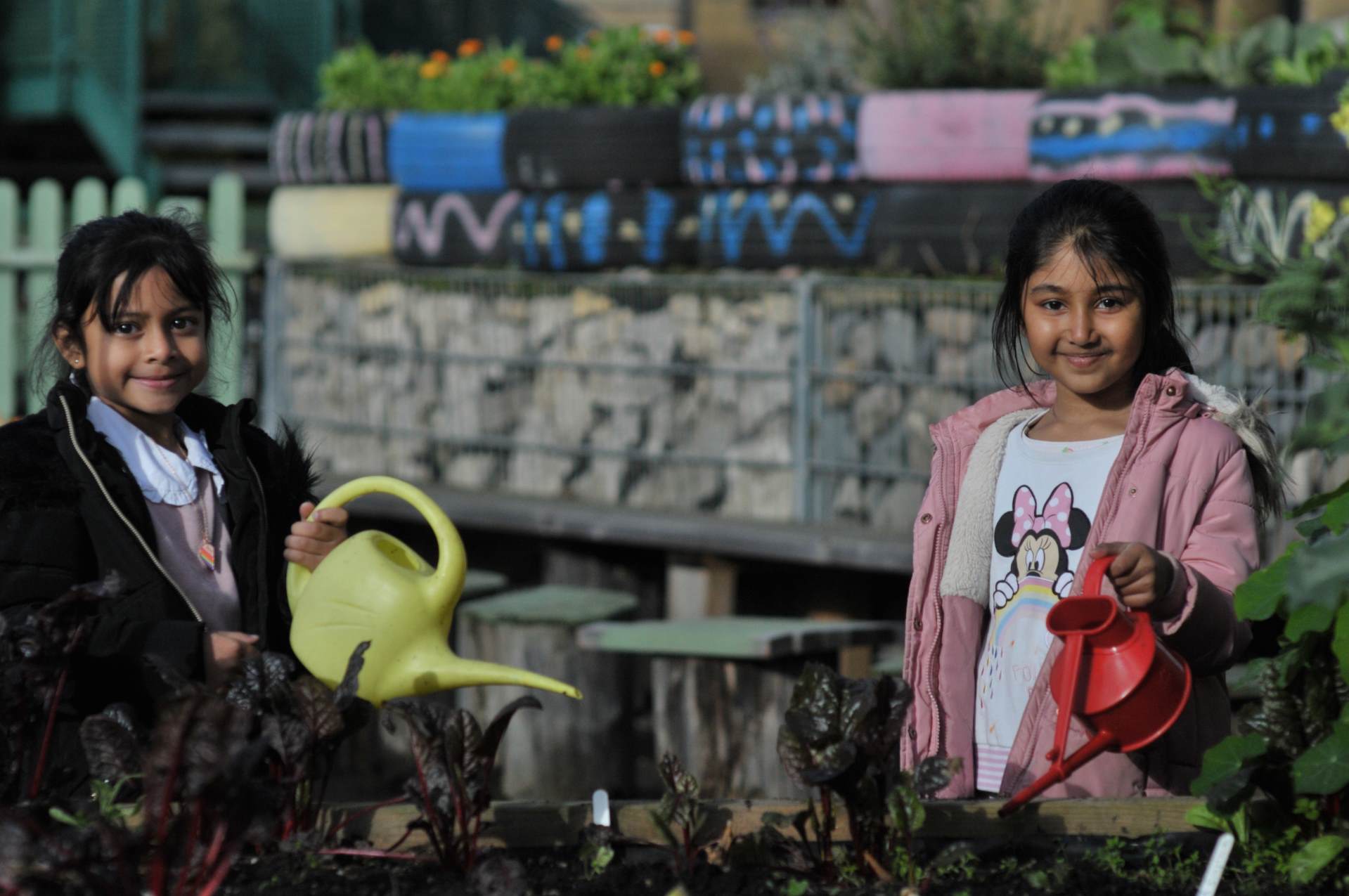
Impact
Our approach and implementation of the science curriculum at Bonner ensures that children enjoy their learning, have enriching experiences in their lessons, and believe they are future scientists. We provide them with the scientific capital to play an active role as informed citizens, make well-considered decisions, and recognise that science is for everyone. We challenge the notion that scientists are simply old, white men and confront these stereotypes. We celebrate children’s successes, build strong, positive scientific memories, and provide opportunities for them to articulate their learning and understanding with their families and key adults.
Our annual Science Fair, which links with British Science Week, provides a chance for STEM subjects to come together outside of the national curriculum, fostering critical thinking and problem-solving skills. Sharing this with our parent and carer community allows them to see the joy, vocabulary, and application of knowledge in action.
